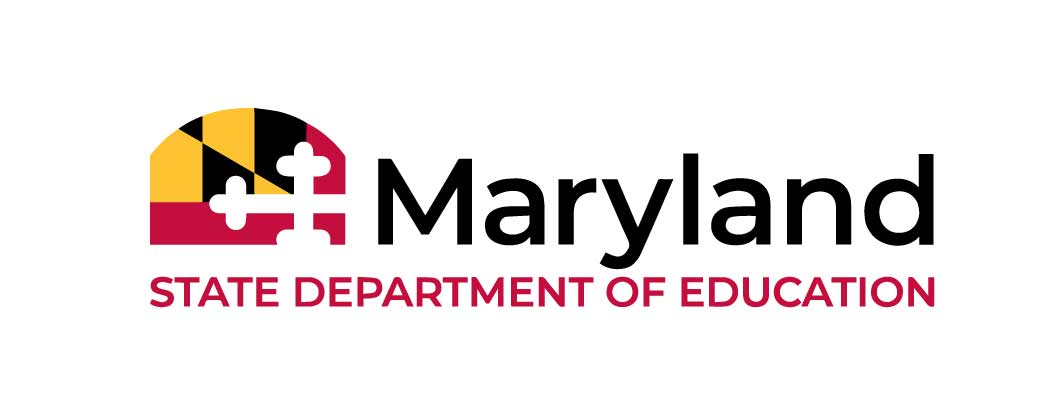Transition Talks: Spotlight on Work Based Learning

Every issue of Transition Talks highlights an Evidence-Based Practice (EBP) for Transition. This issue is all about Work Based Learning (WBL). We know through research and practice that WBL is an essential component in the transition process. Paid work experiences while in secondary education is the most compelling predictor of post-school success (Luecking & Fabian, 2001; Test et al., 2009; Carter et al., 2010). This finding applies across all disabilities, as well as, geographic and economic conditions (Gold, Fabian & Luecking, 2013).
So what exactly is WBL? WBL has been defined as an educational approach that uses the workplace to provide students with the knowledge and skills that will help them connect school experiences to authentic work activities, and future career opportunities. WBL can include job shadowing, work sampling, service learning, internships, apprenticeships, and paid employment. Students benefit from WBL by discovering skills, interests, environmental preferences, and support needs. Employers benefit through opportunities to offset training costs, expand resources, and develop a pipeline for qualified, trained employees. This allows employers to save training costs while receiving the value-added support of transition personnel. WBL is a win-win for students and businesses alike and an Evidence Based Practice for Transition.
Spotlight
Charles County Public Schools
Transition Coordinator: Christina Sprague
Summer Youth Employment
Charles County Public Schools (CCPS) had 60 students who participated in the Summer Youth Employment Program (SYE) this year. Each student worked 30 hours a week for six weeks. SYE provides opportunities for students to earn money and gain meaningful work experiences as they learn and develop the skills, attitudes and commitment necessary to succeed in today’s workplace.
Way 2 Work Maryland
Charles County is entering the second year of implementing “Way 2 Work Maryland.” This project implements a model of school-to-career transition services for eligible students in their last two years of school who have an IEP or 504 plan. Expected outcomes from students include improving competitive integrated employment, increasing economic self-sufficiency, and ensuring high school completion. CCPS has 28 students currently enrolled in enhanced services. These students will benefit from early engagement with DORS Pre-Employment Transition Services; multiple work experiences, including paid employment; intensive care management from CCPS staff; and focused collaboration between CCPS, DORS and other community partners.
Questions to Consider
- Why is WBL important?
- What are some types of WBL in your LSSs?
- What is the benefit to students in WBL?
- How do employers benefit from WBL?
- How can you expand WBL opportunities in your area?



